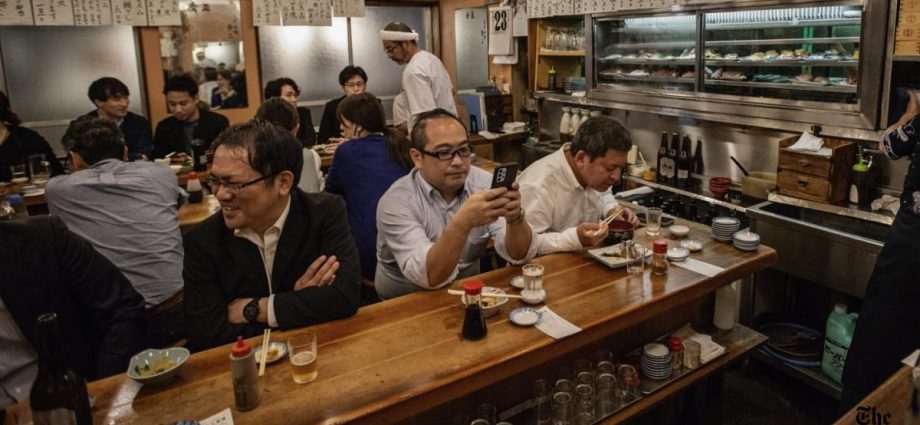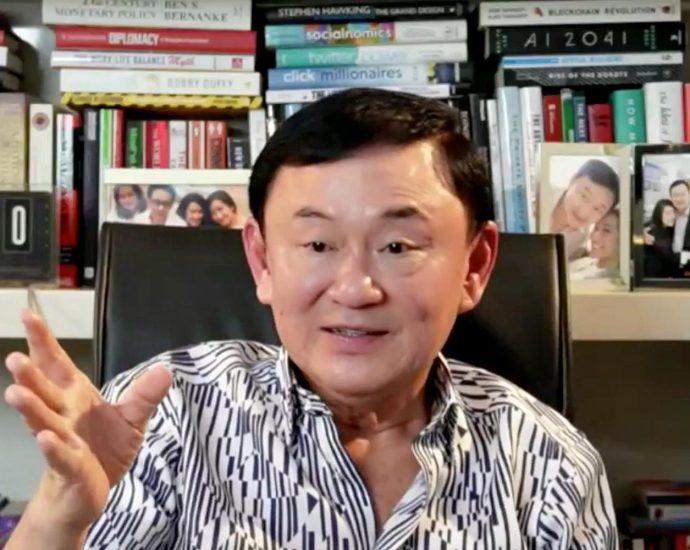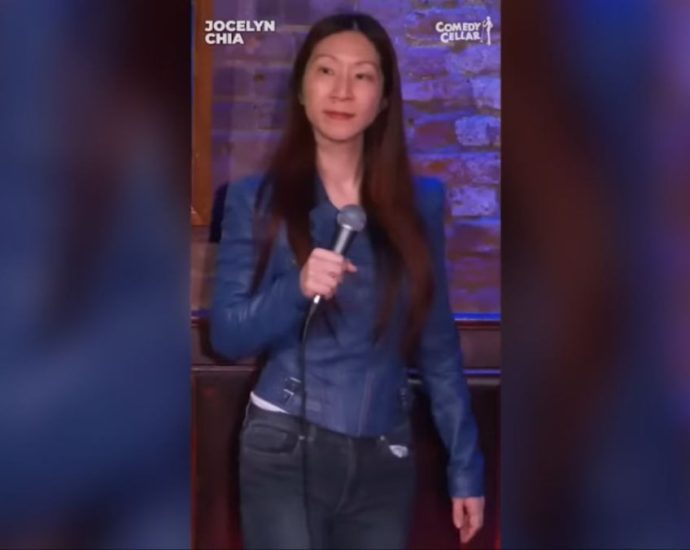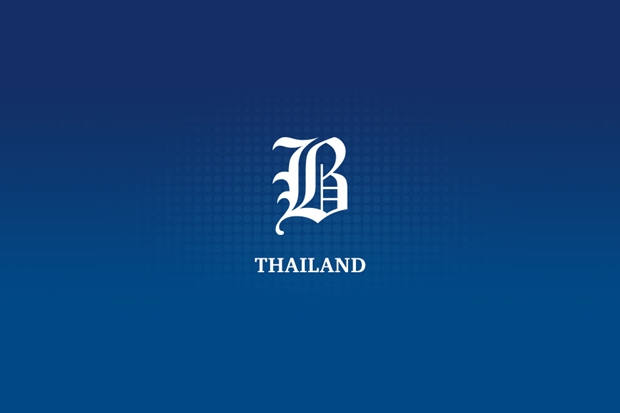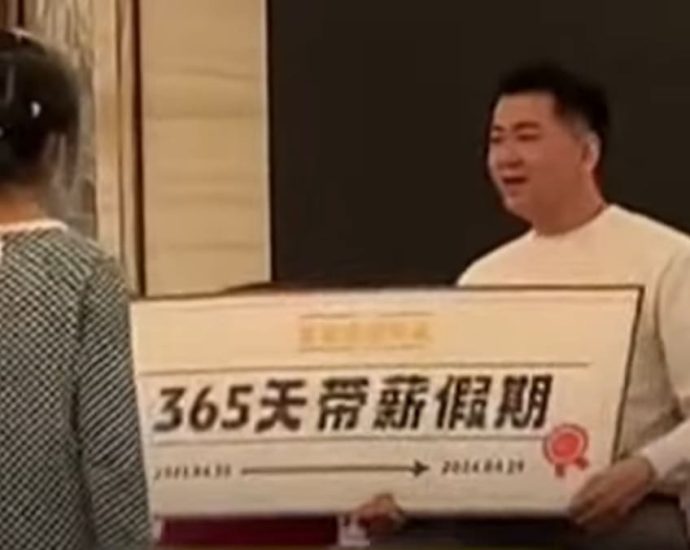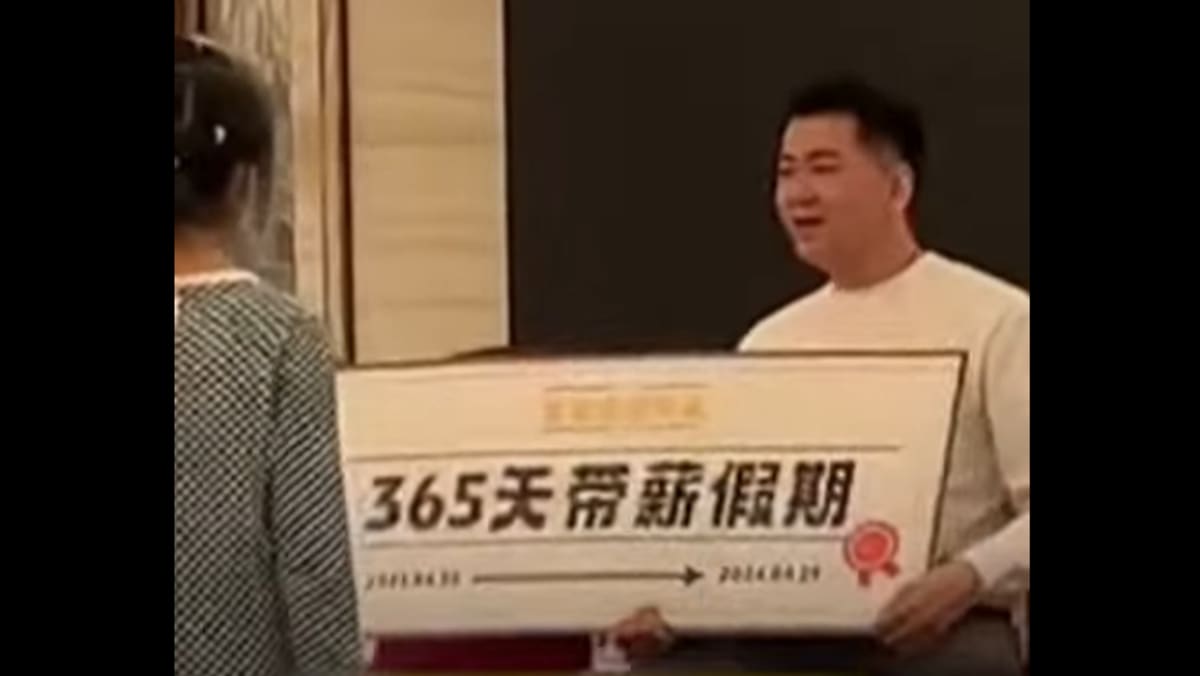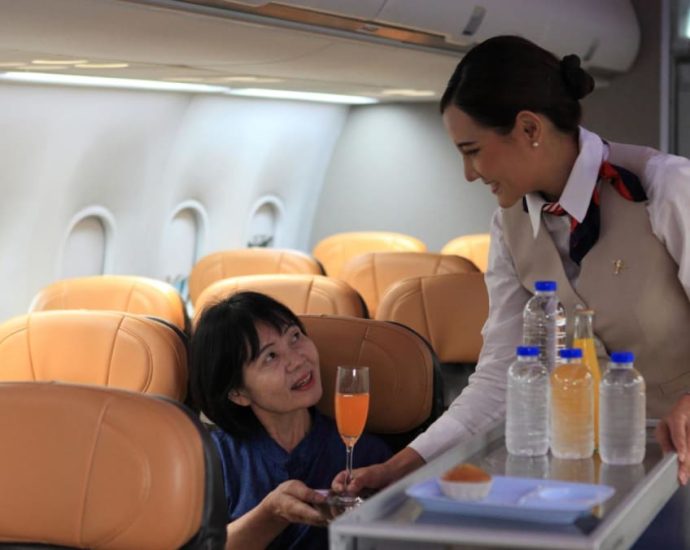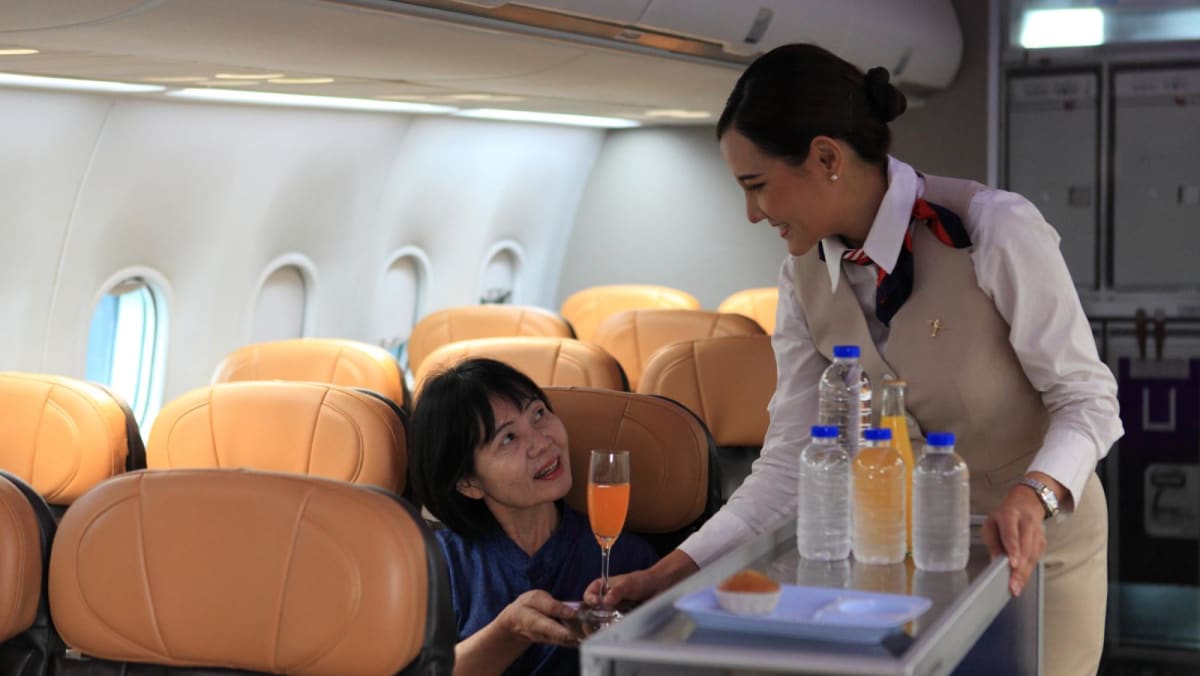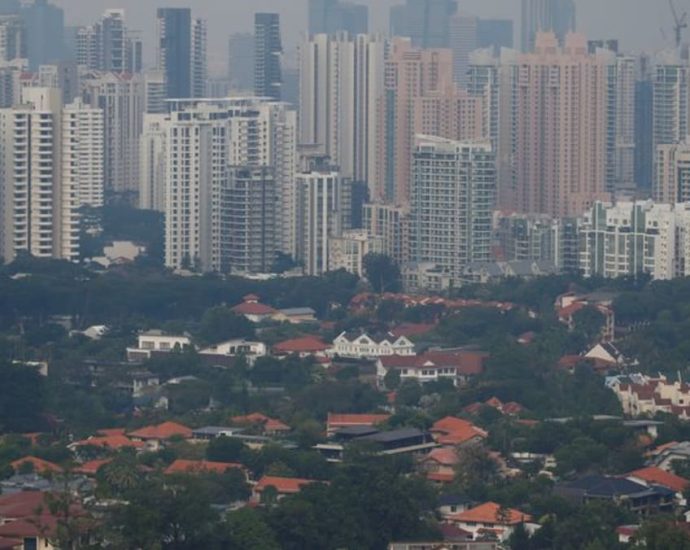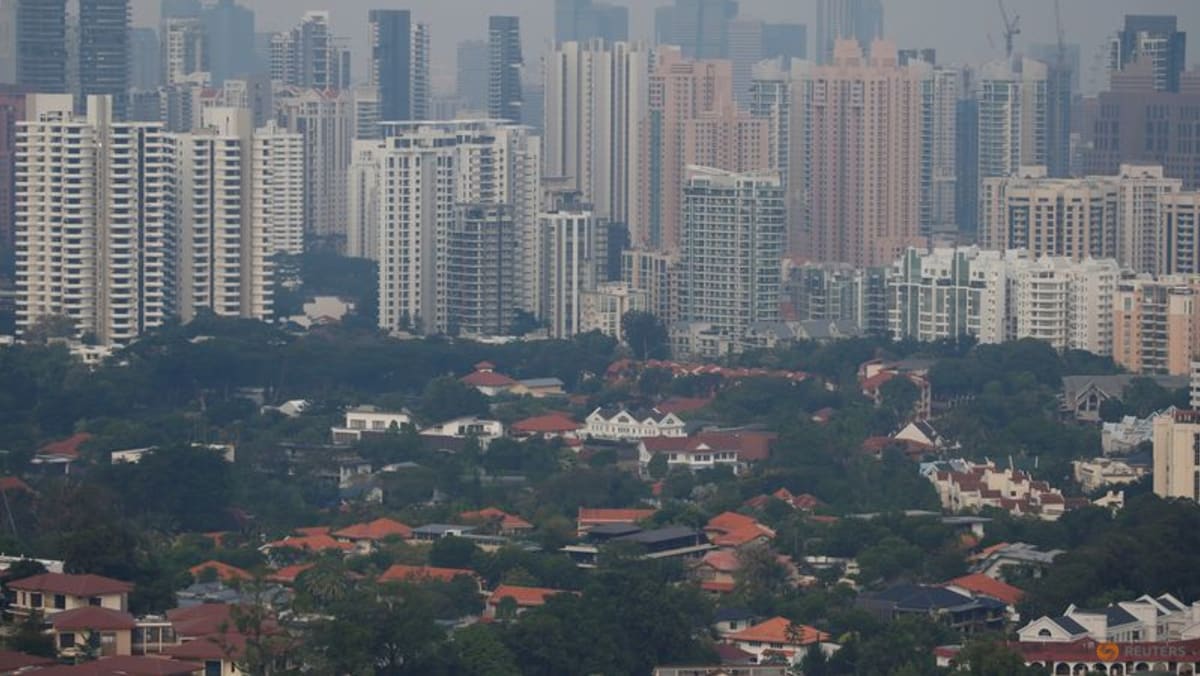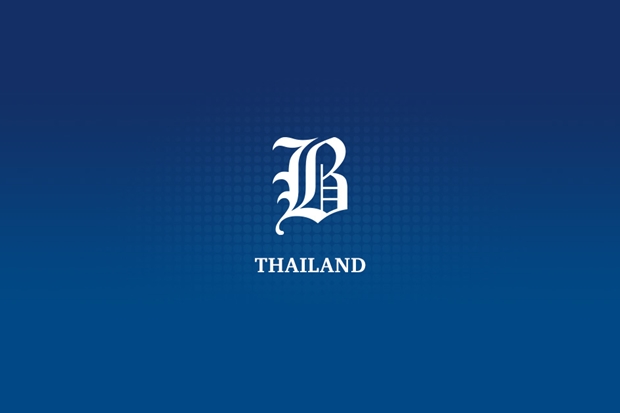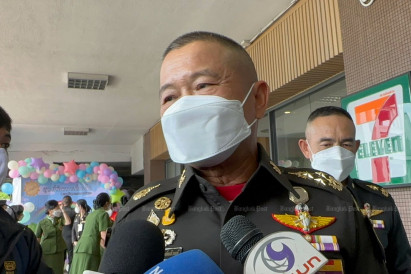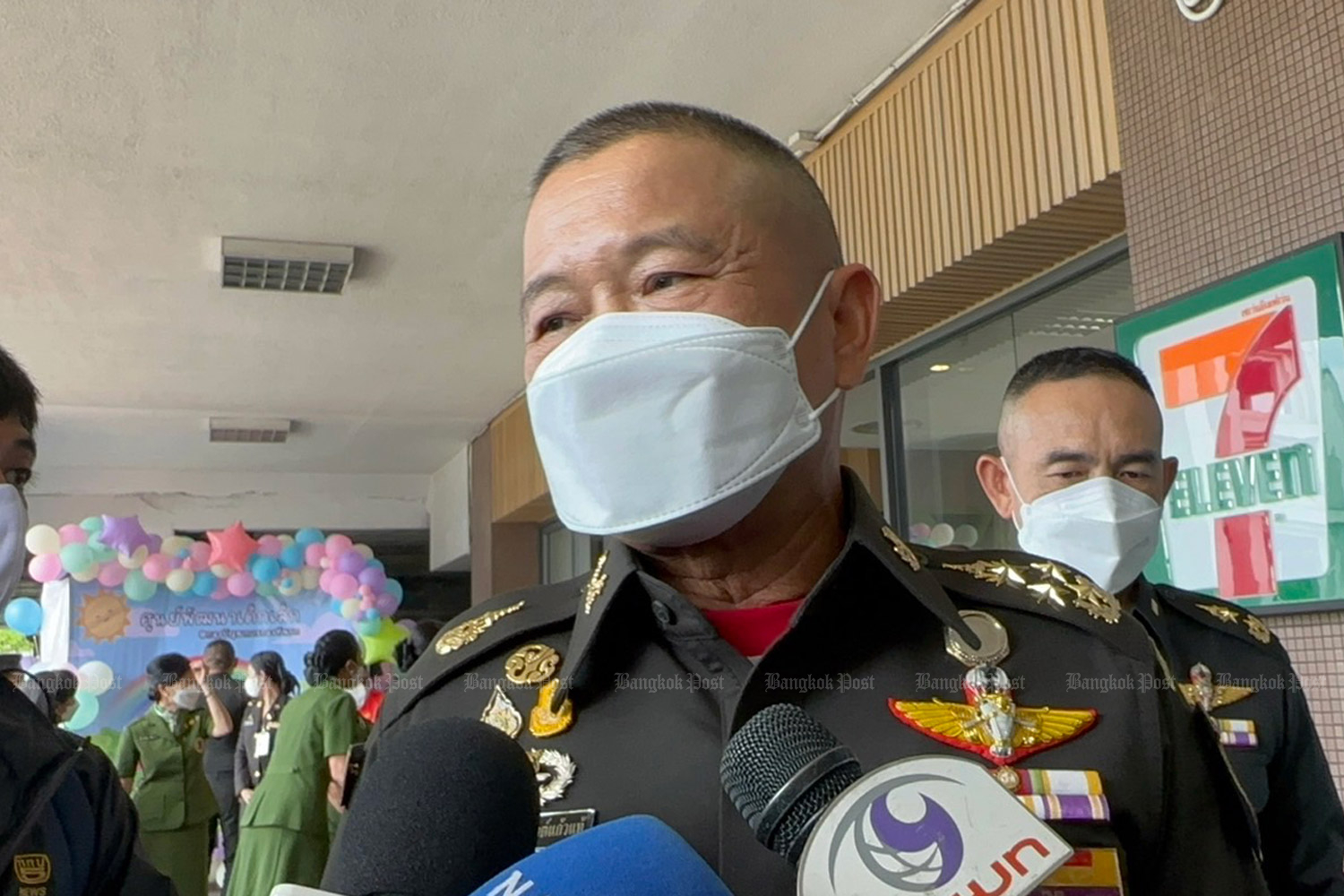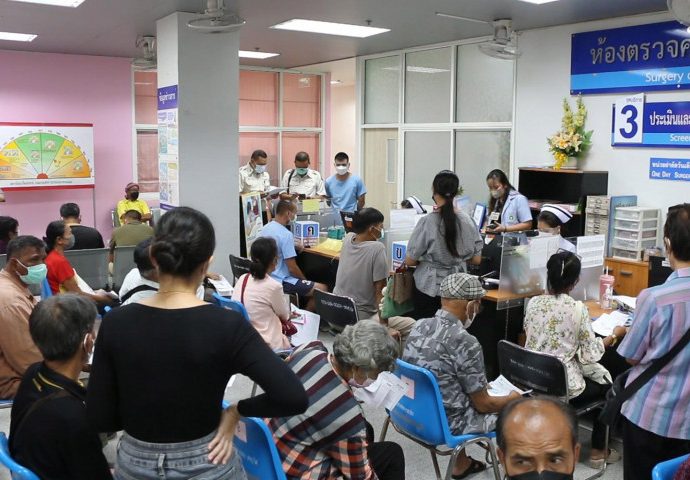Discovering Tokyoâs old-school places using a 20-year-old travel guidebook
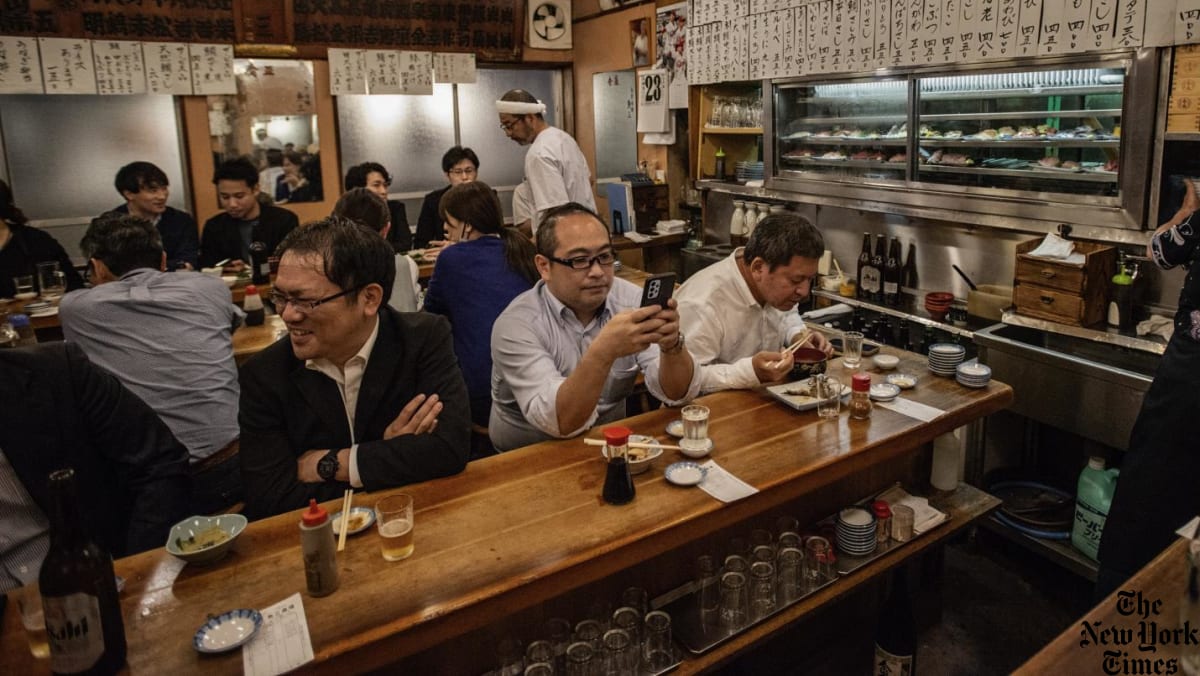
The usual images of Tokyo oscillate between two extremes: Gilded metropolis of the future and repository of the aristocratic past. The Q Guide evokes a different, real, thoroughly proletarian and much more intriguing city, most faithfully depicted in works of art and literature that I love.
I thought of Donald Richie’s Tokyo: A View Of The City, a short book published in 1999 that illuminates Tokyo’s downtown culture, when I waited in line outside Dote no Iseya, a basic but brilliant tempura restaurant in what was once a lively red-light district. Yoshihiro Tatsumi’s magnificent graphic novel, Abandon The Old In Tokyo, a collection of stories from 1970, focused on the city’s postwar, working-class culture, came to life when I ducked into Uosan Sakaba, an izakaya located on the far eastern side of Tokyo. I trailed two salarymen, obviously a little tipsy, into the steamy space. The counterman said to them, with no greeting or preamble, “Have you been drinking?”
“We had a few,” the men replied.
“Get out,” the counterman said, authoritatively, and that was it. Uosan may be cheap and loud, but they too have their rules. You can get drunk there, but you don’t enter if you’re already inebriated.

